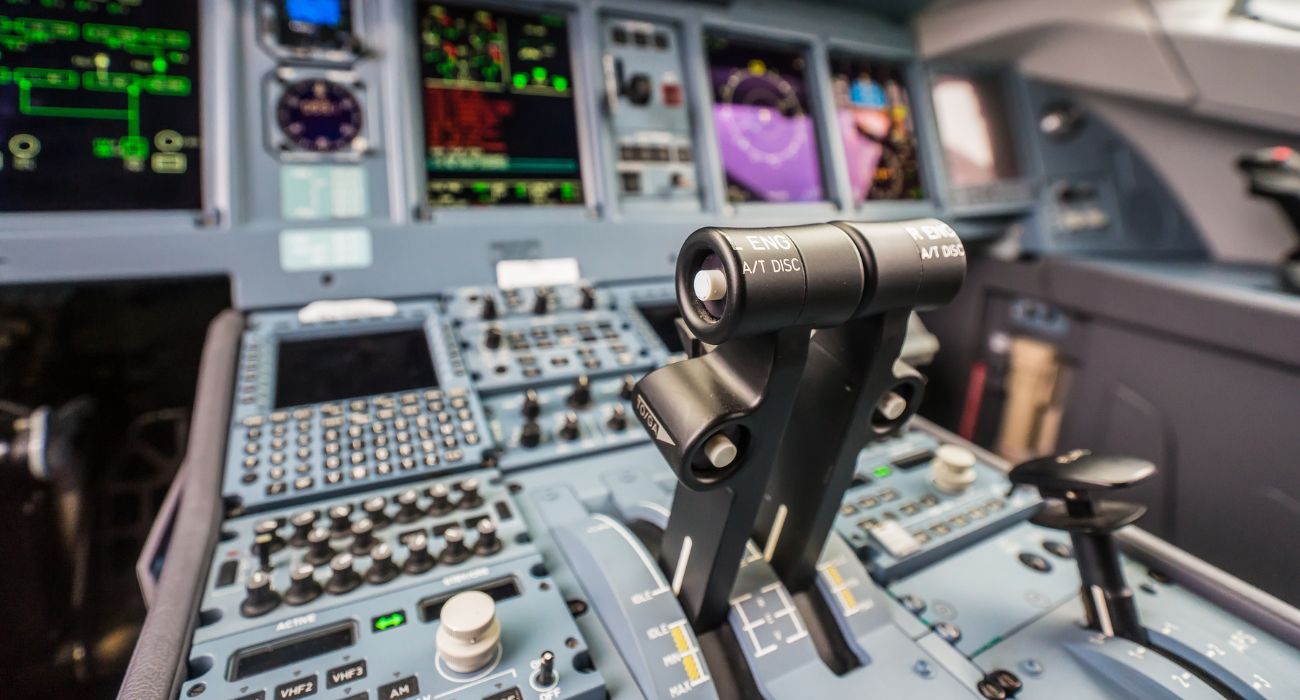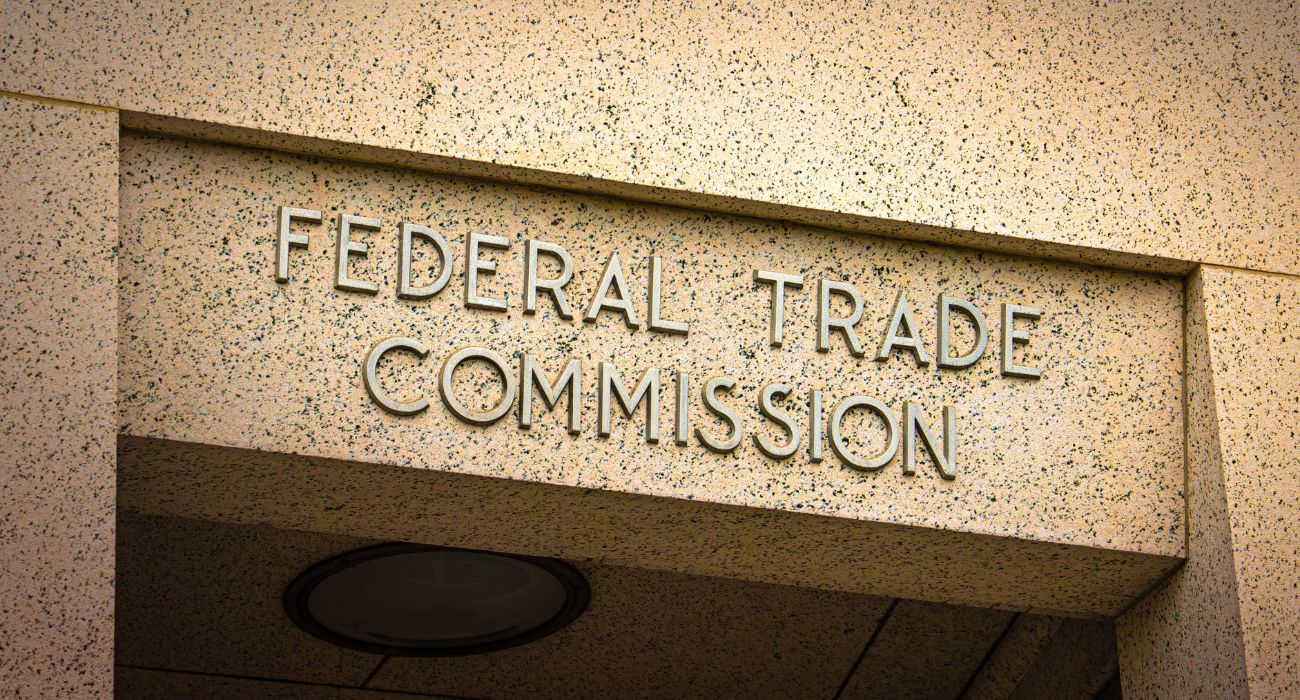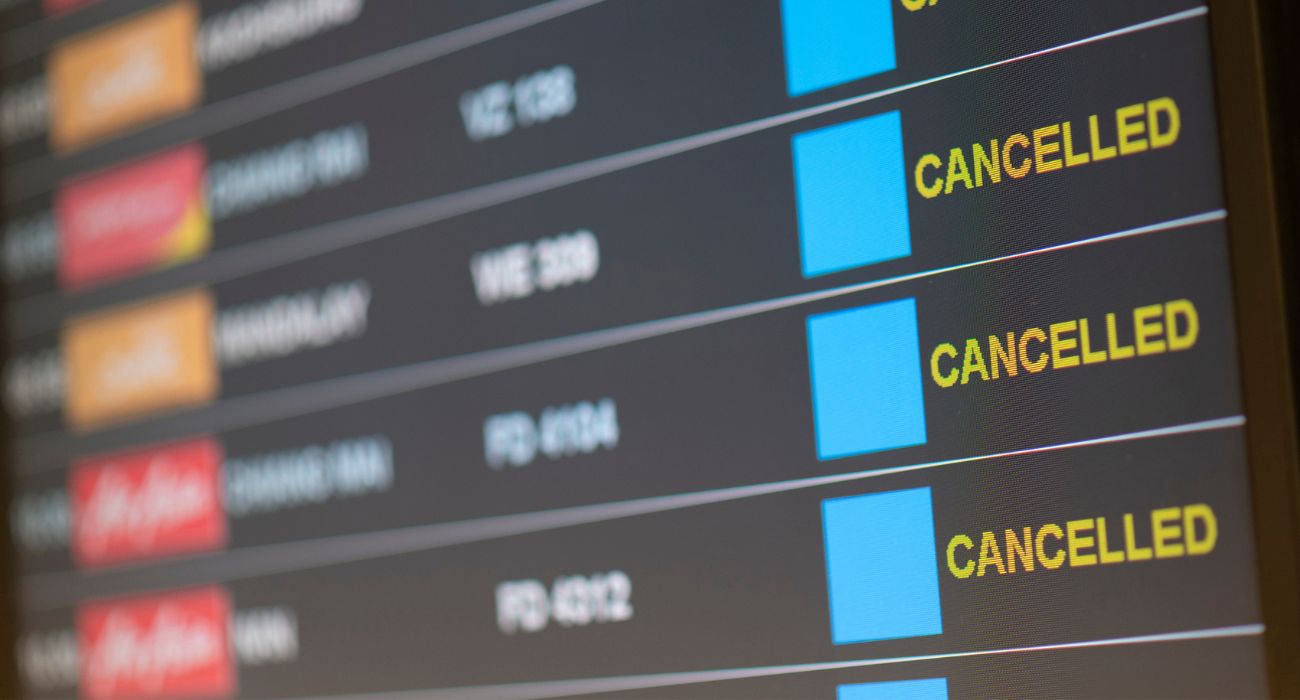The airline industry will likely face a wave of pilot retirements in the coming years.
Speaking at a meeting of the House Committee on Transportation and Infrastructure last week, Regional Airline Association CEO Faye Malarkey Black warned of a “devastating pilot shortage,” according to a report from Fortune.
The FAA rule that commercial airline pilots must retire by age 65 means that over the next 15 years, roughly half of the pilot workforce will be compelled to retire, Black said, arguing that this rule forces out highly skilled workers who would otherwise remain flying.
Black said at the meeting that old training standards and the high costs of training commercial pilots are damaging the industry’s ability to create a pipeline of new pilots.
According to Black, large carriers hire most of their pilots from regional airlines, leading to a potential shortage for the smaller carriers. Last year, 12 major airlines combined to hire more than 13,000 pilots.
United Airlines CEO Scott Kirby predicted that the major carriers would hire another 8,000 in 2023, according to Fortune.
“Pilots are and will remain a significant constraint on capacity,” Kirby said on United’s fourth-quarter earnings call.
This year, 2,225 pilots will have to retire under the FAA rule, a figure that will jump to 3,750 in 2029, Black said, per Fortune.
According to Black, the pilot shortage impacts 72% of U.S. airports, which have lost an average of 25% of their flights, with smaller airports bearing the brunt of the deficit.
“Smaller communities are particularly impacted because they rely exclusively on regional airlines for air service,” she said, according to Fortune.
The pilot shortage is pushing regional pilot salaries higher, forcing regional airlines to offer first officer salaries of more than $100,000 per year, Black claimed, a number par with major carriers’ offers.
Pilot shortages, alongside higher fuel costs and increasing demand for travel, are weighing on airline ticket prices, which were 28.5% higher in 2022, according to the U.S. Bureau of Labor Statistics.
To address the shortages, seven U.S. senators proposed legislation raising the mandatory retirement age for commercial pilots to 67. The legislation called for pilots that work past the age of 65 to undergo thorough medical screenings every six months, according to Reuters.
The mandatory retirement age for pilots was raised from 60 to 65 in 2007, a move known as the Fair Treatment for Experienced Pilots Act, and “the sky did not fall,” according to Sen. Lindsey Graham (R-SC), who proposed the bill, according to Reuters.
But Greg Overman, spokesman for the Allied Pilots Association, said that raising the retirement age is not the answer.
“Raising the mandatory pilot retirement age from 65 to 67 would do little to increase the pilot supply. Airlines aren’t interested in seeing the retirement age change because it wouldn’t align with International Civil Aviation Organization standards, which means pilots 65 and older would only be able to fly domestic U.S. routes,” Overman told The Dallas Express.
“That would scramble airline planning since longer-haul/international routes are typically flown by older, more senior pilots. Also, airline executives have pointed out that older pilots, just like the rest of the population, experience more health issues and, therefore, more time away from work.”
“The biggest barrier to entry for aspiring pilots is cost,” Overman asserted. “The more that can be done to address this issue, the better. Relaxing experience and training requirements for new-hire pilots, as the Regional Airline Association has advocated, is a bad idea. APA and other pilot organizations cannot support anything that would lower the margin of safety.”







This article is very relevant, especially if one plans to fly anywhere.
The pandemic airline vaccine mandates…those who left and those who got the jab but had adverse health effects. This took a toll on the pilot workforce, and still is gradually.
Being a commercial pilot is a good gig. After years in the industry, one can be making more than 400k yearly, and the perks are tremendous.
Typically, pilots are very sharp mentally.
During my life, I have been around a lot of pilots. My Dad was an instructor pilot.
Criteria to become a commercial pilot is easier than it once was. For example, now the 20/20 vision standard is different.
Many pilots come via the armed forces.
One commercial pilot told me how he entirely paid for his own training. For those in High School or entering college, this might be a great career to pursue.